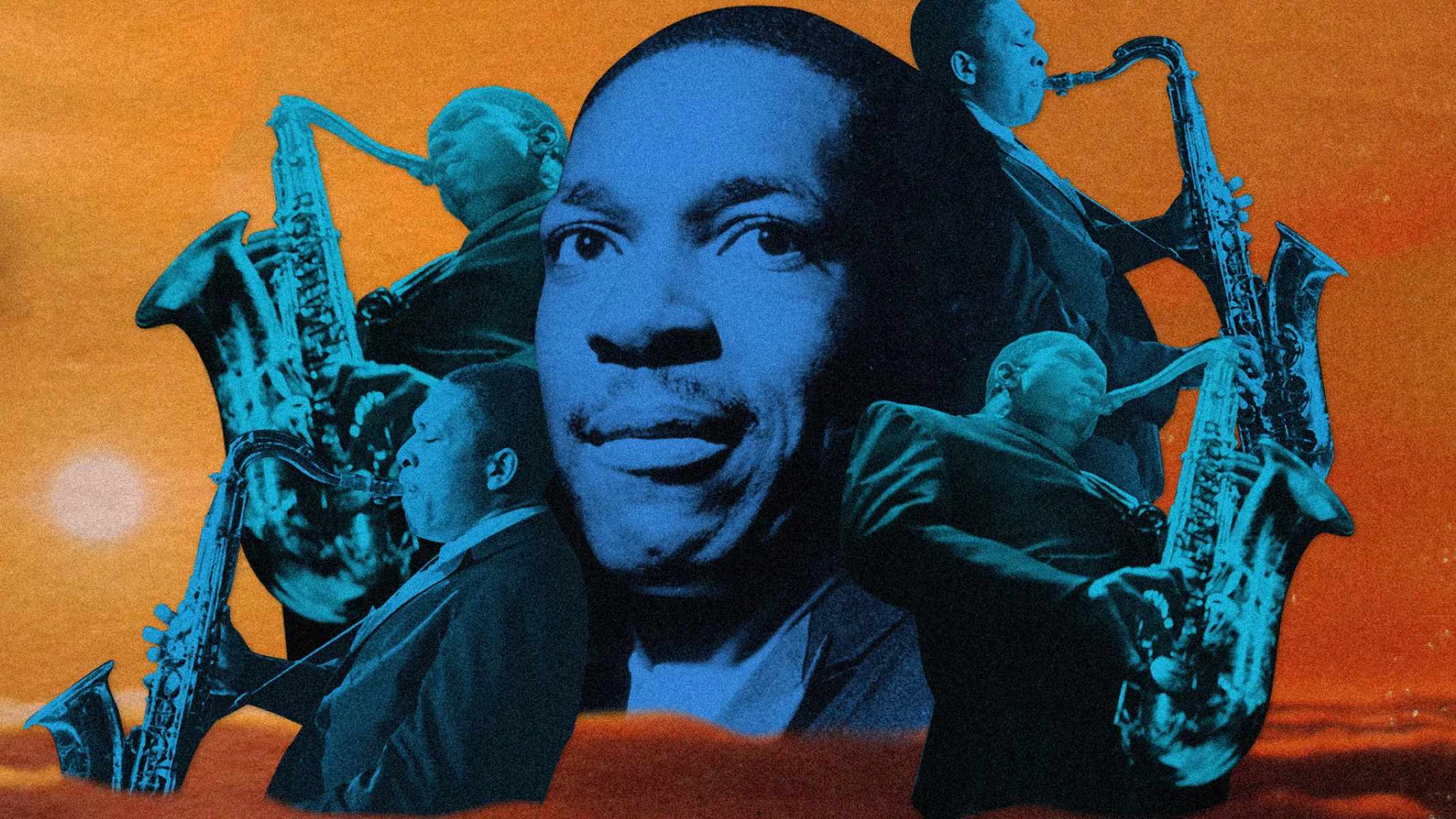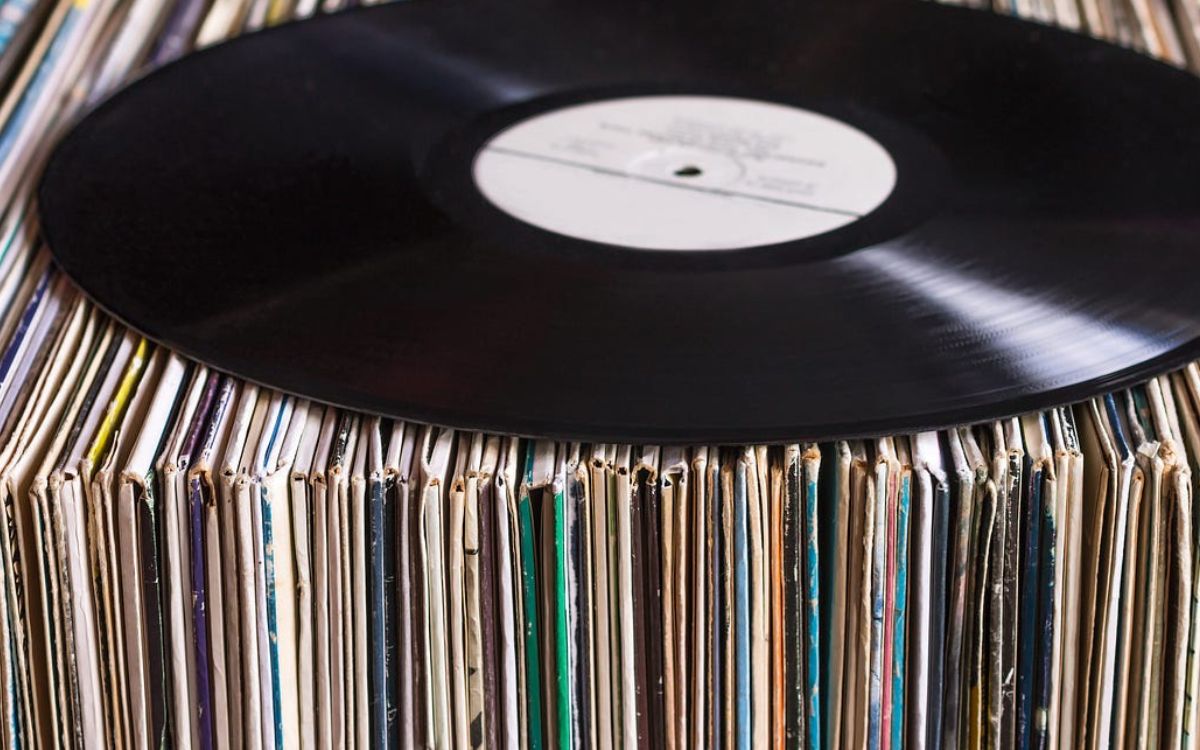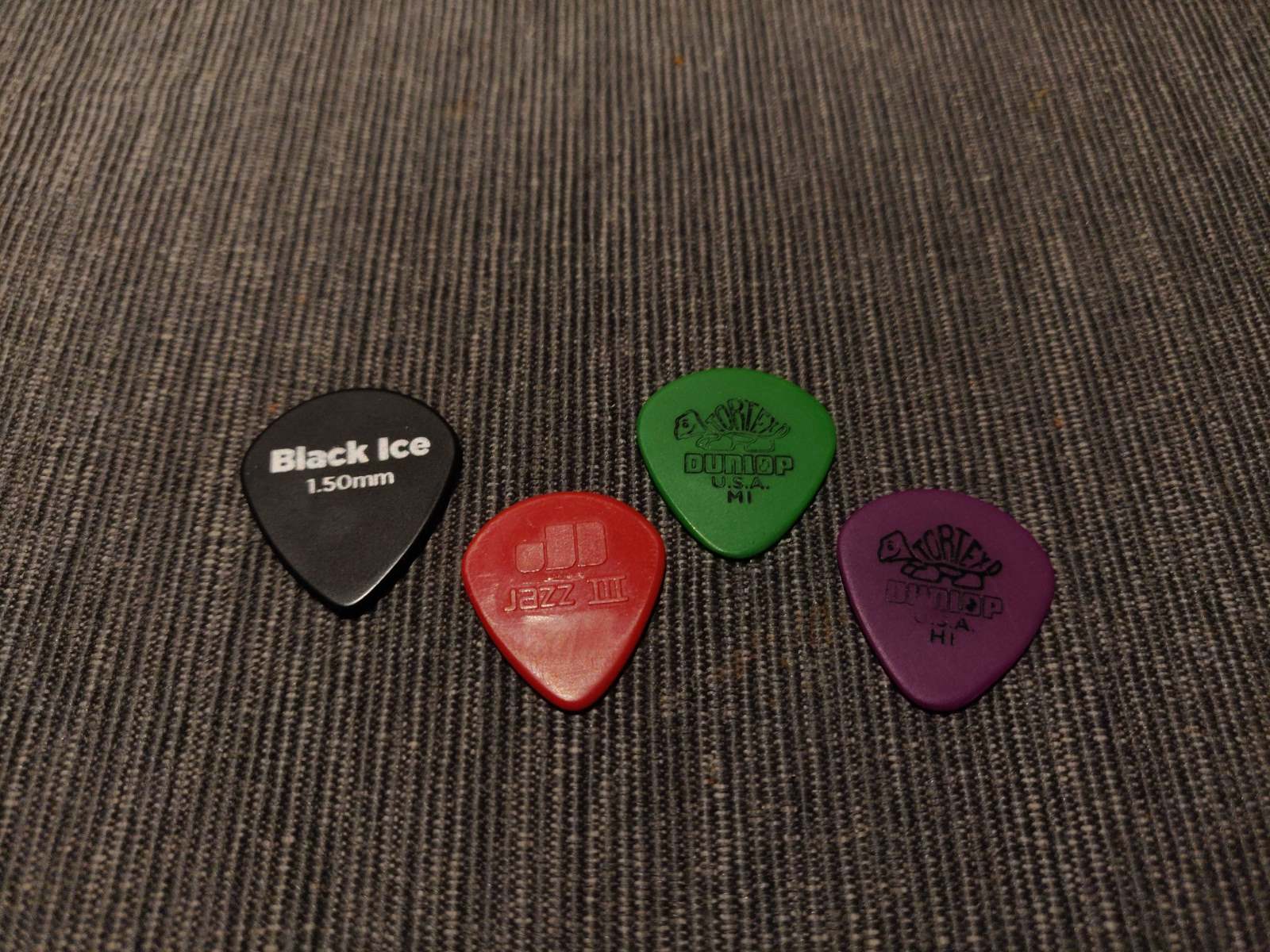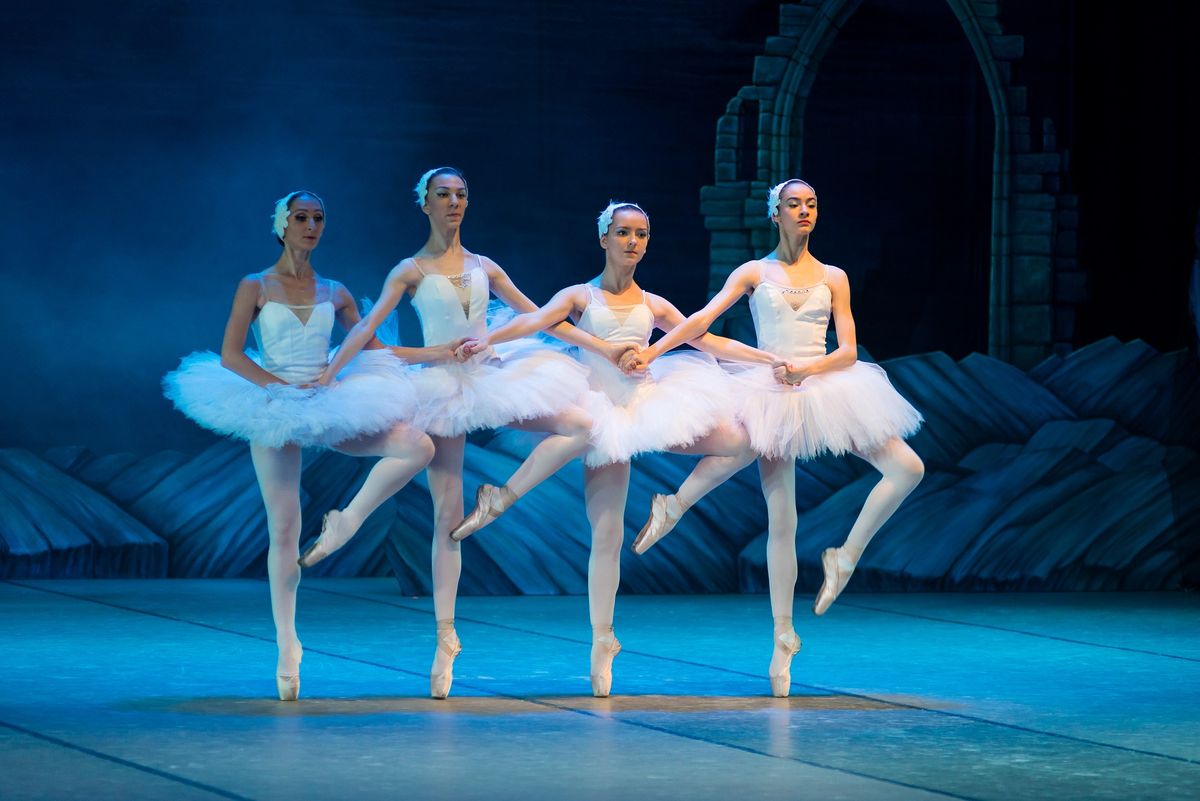Home>Instruments>Drums>Why Are Drums So Important In Many African Cultures
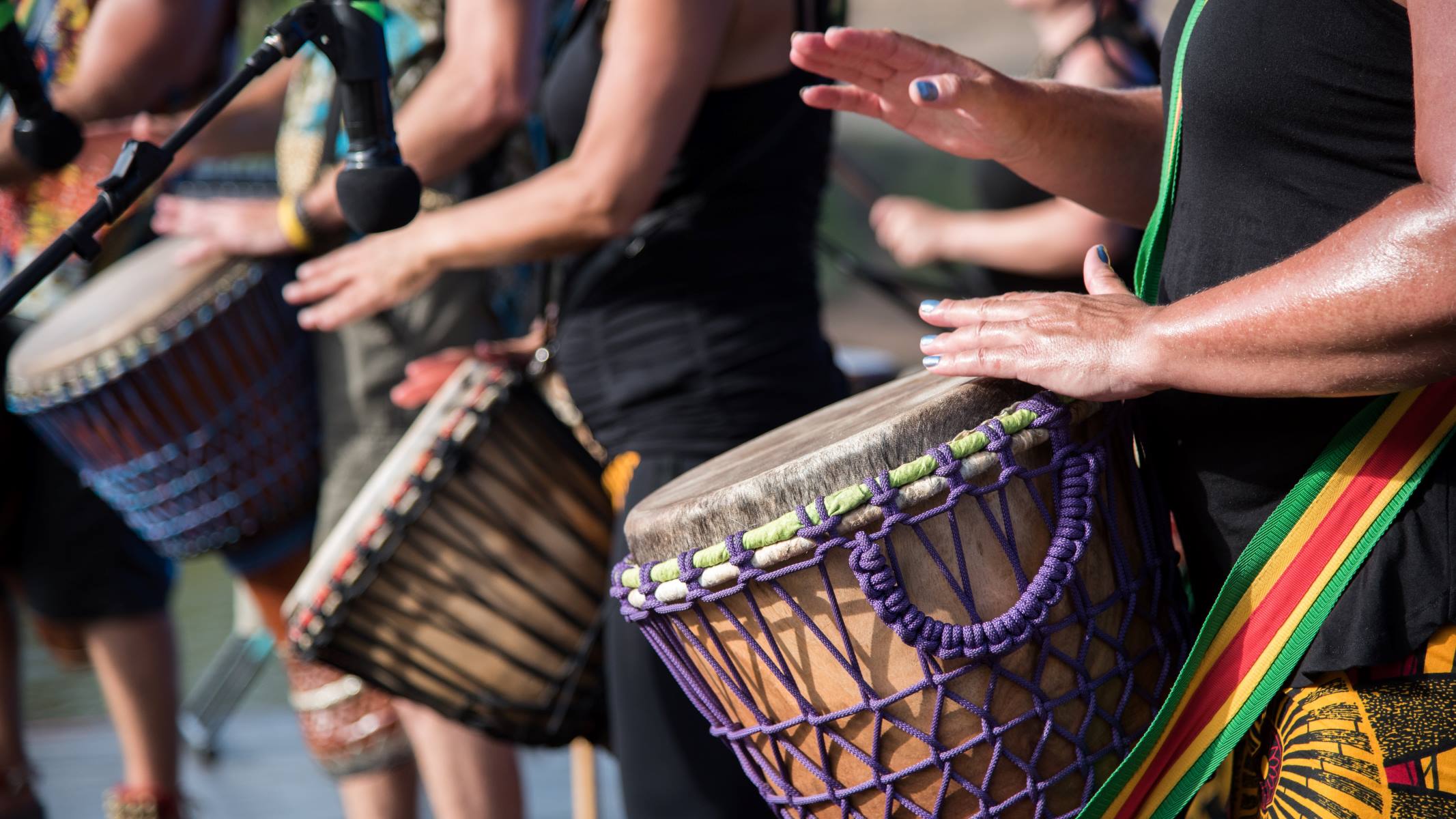

Drums
Why Are Drums So Important In Many African Cultures
Published: February 7, 2024
Discover the significance of drums in various African cultures and their crucial role in music, rituals, and traditions. Explore the cultural importance of drums in Africa.
(Many of the links in this article redirect to a specific reviewed product. Your purchase of these products through affiliate links helps to generate commission for AudioLover.com, at no extra cost. Learn more)
Table of Contents
Introduction
Drums have been an integral part of African culture for centuries, playing a significant role in various aspects of life on the continent. The rhythmic beats of drums echo through the rich tapestry of African traditions, rituals, and ceremonies, serving as a powerful symbol of unity, communication, and cultural identity. The deep-rooted connection between drums and African heritage is a testament to the enduring legacy of these instruments.
The mesmerizing sounds of African drums have captivated people around the world, transcending geographical boundaries and resonating with diverse audiences. The cultural significance of drums in Africa extends far beyond mere musical expression, encompassing social, spiritual, and communicative dimensions that underscore their profound importance.
In this article, we will delve into the captivating history of drums in African culture, exploring their role in traditional practices, rituals, and ceremonies. We will also examine the pivotal influence of drums on African music and dance, shedding light on their enduring legacy and cultural significance. By delving into the multifaceted significance of drums in African societies, we can gain a deeper appreciation for their enduring impact and the rich tapestry of traditions they embody.
History of Drums in African Culture
The history of drums in African culture is as diverse and vibrant as the continent itself. Drums have been an integral part of African societies for millennia, with their origins deeply intertwined with the rich tapestry of traditions, rituals, and communal practices. The earliest evidence of drum usage in Africa dates back thousands of years, with archaeological findings and historical accounts highlighting the central role of drums in various civilizations across the continent.
Traditional African drums come in a wide array of shapes, sizes, and materials, reflecting the diverse cultural landscape of the continent. From the djembe of West Africa to the talking drums of the Sahel region, each type of drum carries its own unique cultural significance and historical legacy. The craftsmanship and artistry involved in creating these drums are a testament to the profound reverence and importance placed on these instruments within African societies.
Throughout history, drums have served as more than mere musical instruments in African culture. They have been used to convey messages, mark important milestones, and facilitate communal gatherings. The rhythmic beats of drums have been an integral part of storytelling, traditional ceremonies, and rites of passage, weaving a rich tapestry of cultural expression and collective identity.
Moreover, the historical significance of drums in African culture extends beyond their musical and ceremonial roles. Drums have been emblematic of resilience, resistance, and cultural preservation, serving as a powerful symbol of unity and strength within diverse communities. The enduring legacy of drums in African culture underscores their profound historical roots and enduring relevance in contemporary society.
Role of Drums in African Traditions
Drums occupy a central position in the tapestry of African traditions, serving as a unifying force that bridges the past, present, and future. Within African societies, drums play a multifaceted role that extends well beyond their musical function, encompassing social, spiritual, and communal dimensions.
One of the primary roles of drums in African traditions is their use as a means of communication. Through intricate rhythms and patterns, drums have been employed to convey messages across vast distances, allowing communities to share news, announce gatherings, and transmit vital information. The rhythmic language of drums has served as a form of communal communication, enabling diverse groups to connect and coordinate collective activities.
Furthermore, drums feature prominently in various rites of passage and ceremonial events within African cultures. From birth celebrations to initiations and funerary rites, the presence of drums infuses these occasions with a sense of cultural continuity and spiritual significance. The rhythmic cadence of drums accompanies dancers, storytellers, and ceremonial leaders, amplifying the emotional and symbolic resonance of these pivotal moments in the community’s life.
Moreover, drums serve as a conduit for ancestral reverence and spiritual connection within African traditions. The resonant beats of drums are believed to evoke ancestral spirits, creating a powerful link between the living and the departed. In this context, drums are revered as sacred instruments that facilitate spiritual communion and honor the legacy of ancestors, reinforcing the interconnectedness of past, present, and future generations.
Drums also play a vital role in fostering a sense of communal cohesion and identity within African societies. Whether in celebratory festivals, communal work activities, or collective rituals, the rhythmic pulse of drums unites individuals in a shared cultural experience, reinforcing a sense of belonging and collective purpose.
By understanding the multifaceted roles of drums in African traditions, we can gain a deeper appreciation for their enduring significance as vehicles of cultural expression, spiritual connection, and communal cohesion.
Importance of Drums in African Rituals and Ceremonies
Drums hold profound significance in the context of African rituals and ceremonies, where they serve as essential conduits for spiritual expression, communal bonding, and cultural preservation. These pivotal occasions, which mark significant milestones and transitions within African societies, are imbued with the rhythmic cadence and symbolic resonance of drums.
One of the primary roles of drums in African rituals and ceremonies is to evoke spiritual energies and ancestral connections. The rhythmic beats of drums are believed to channel the presence of ancestral spirits, creating a sacred atmosphere that transcends the mundane realm. Whether in initiation rites, healing ceremonies, or harvest celebrations, the pulsating rhythms of drums infuse these events with a profound sense of spiritual transcendence and communal reverence.
Furthermore, drums play a central role in facilitating communal participation and emotional expression during rituals and ceremonies. The collective heartbeat of the drums unites participants in a shared experience, fostering a sense of unity, belonging, and emotional release. Whether through dance, song, or trance-like states induced by the hypnotic rhythms, the presence of drums amplifies the emotional and psychological impact of these transformative rituals.
Moreover, the importance of drums in African rituals and ceremonies extends to their role in preserving cultural heritage and transmitting traditional knowledge. Through the rhythmic storytelling embedded in drumming patterns, historical narratives, moral teachings, and communal wisdom are passed down from one generation to the next. Drums thus serve as living repositories of cultural memory, ensuring the continuity of traditions and the preservation of collective identity.
Additionally, the rhythmic accompaniment of drums in rituals and ceremonies serves as a powerful catalyst for social cohesion and communal solidarity. By providing a sonic backdrop for collective action and shared experience, drums reinforce the bonds that tie individuals together within the fabric of their cultural heritage. The participatory nature of drumming engenders a sense of belonging and interconnectedness, fostering a cohesive community spirit.
By recognizing the profound importance of drums in African rituals and ceremonies, we can appreciate their role as conduits for spiritual transcendence, communal unity, and the preservation of cultural legacies.
Drums as a Means of Communication
Within the diverse tapestry of African cultures, drums have served as a sophisticated and nuanced form of communication, transcending linguistic barriers and geographical distances. The rhythmic language of drums has been employed for centuries as a means of transmitting messages, coordinating communal activities, and fostering social cohesion within and across diverse communities.
One of the most remarkable aspects of drums as a means of communication is their ability to convey complex messages through intricate rhythms and patterns. Different drumming techniques, tonal variations, and rhythmic sequences are utilized to encode specific meanings, allowing skilled drummers to communicate a wide array of information, from urgent announcements to ceremonial invitations, across considerable distances.
Furthermore, the use of drums as a form of long-distance communication has been instrumental in facilitating social and commercial exchanges among African communities. Historically, the rhythmic signals of drums were utilized to announce market gatherings, convey trade agreements, and coordinate communal events, serving as a vital medium for fostering economic and social interactions.
Moreover, drums have played a pivotal role in transmitting cultural narratives, historical accounts, and communal wisdom across generations. Through the rhythmic storytelling embedded in drumming traditions, intricate narratives, moral teachings, and ancestral legacies have been preserved and transmitted, ensuring the continuity of cultural knowledge and collective memory.
Drums have also been employed as a form of communal dialogue and social commentary within African societies. The rhythmic conversations between drummers, characterized by call-and-response patterns and improvisational exchanges, have provided a platform for communal expression, debate, and emotional catharsis. In this way, drums have functioned as dynamic instruments of social discourse and collective reflection.
By recognizing the profound role of drums as a means of communication, we can appreciate their capacity to transcend linguistic boundaries, foster social connectivity, and preserve cultural heritage within the rich tapestry of African societies.
Influence of Drums on African Music and Dance
The influence of drums on African music and dance is profound and far-reaching, shaping the rhythmic tapestry of the continent’s diverse musical traditions and dynamic dance forms. Drums serve as the heartbeat of African music, infusing compositions with pulsating rhythms, intricate polyrhythms, and captivating percussive textures that underpin the expressive power of musical and dance performances.
One of the most remarkable aspects of drums in African music is their ability to create a dynamic foundation for diverse musical genres and styles. Whether in traditional folk music, ceremonial chants, or contemporary popular music, the rhythmic propulsion of drums provides a compelling backdrop for melodic and vocal expressions, infusing compositions with vitality and rhythmic complexity.
Moreover, the influence of drums extends to their pivotal role in shaping the expressive language of African dance forms. The rhythmic patterns and syncopated cadences of drums inspire intricate dance movements, footwork, and gestures, providing dancers with a rhythmic framework for artistic interpretation and physical expression. The symbiotic relationship between drums and dance reflects the interconnectedness of music and movement within African cultural expressions.
Furthermore, drums have been instrumental in preserving and transmitting traditional musical and dance forms across generations. Through the rhythmic storytelling embedded in drumming patterns, historical narratives, cultural symbolism, and communal values are interwoven into musical and dance performances, ensuring the continuity of cultural legacies and artistic expressions.
Additionally, the influence of drums on African music and dance extends to their capacity to foster communal participation and collective celebration. Whether in festive gatherings, ceremonial rituals, or social events, the rhythmic allure of drums invites active engagement, inspiring individuals to partake in communal dance and musical expressions that reinforce social bonds and cultural identity.
By recognizing the profound influence of drums on African music and dance, we can gain a deeper appreciation for their role as catalysts for artistic creativity, cultural continuity, and communal celebration within the vibrant tapestry of African musical and dance traditions.
Conclusion
The enduring significance of drums in African culture is a testament to their multifaceted roles as symbols of unity, communication, and cultural expression. Throughout the rich tapestry of African traditions, the rhythmic cadence of drums has permeated every facet of communal life, serving as a powerful conduit for spiritual transcendence, social cohesion, and artistic creativity.
From their ancient origins to their contemporary resonance, drums have played a pivotal role in shaping the cultural landscape of Africa. They have served as vessels for transmitting ancestral wisdom, preserving historical narratives, and fostering communal dialogue, embodying the collective memory and cultural heritage of diverse African communities.
Moreover, the influence of drums on African music and dance has been profound, infusing compositions with pulsating rhythms and inspiring captivating dance forms that reflect the vibrant diversity of the continent’s artistic expressions. The rhythmic allure of drums has provided a dynamic foundation for musical and dance performances, inviting communal participation and celebrating the rich tapestry of African cultural identity.
As we reflect on the profound significance of drums in African culture, we gain a deeper understanding of their enduring impact as instruments of communication, spiritual connection, and artistic inspiration. The rhythmic heartbeat of drums continues to resonate across generations, transcending geographical boundaries and enriching the global tapestry of musical and cultural expressions.
In essence, the drums in African culture serve as a living testament to the resilience, creativity, and collective spirit of diverse African communities, embodying the enduring legacy of cultural traditions and the profound significance of rhythmic expression within the continent’s rich cultural tapestry.
Through their timeless resonance, drums continue to unite people, evoke ancestral spirits, and inspire artistic innovation, underscoring their enduring relevance as symbols of cultural identity and artistic creativity within the vibrant mosaic of African heritage.

